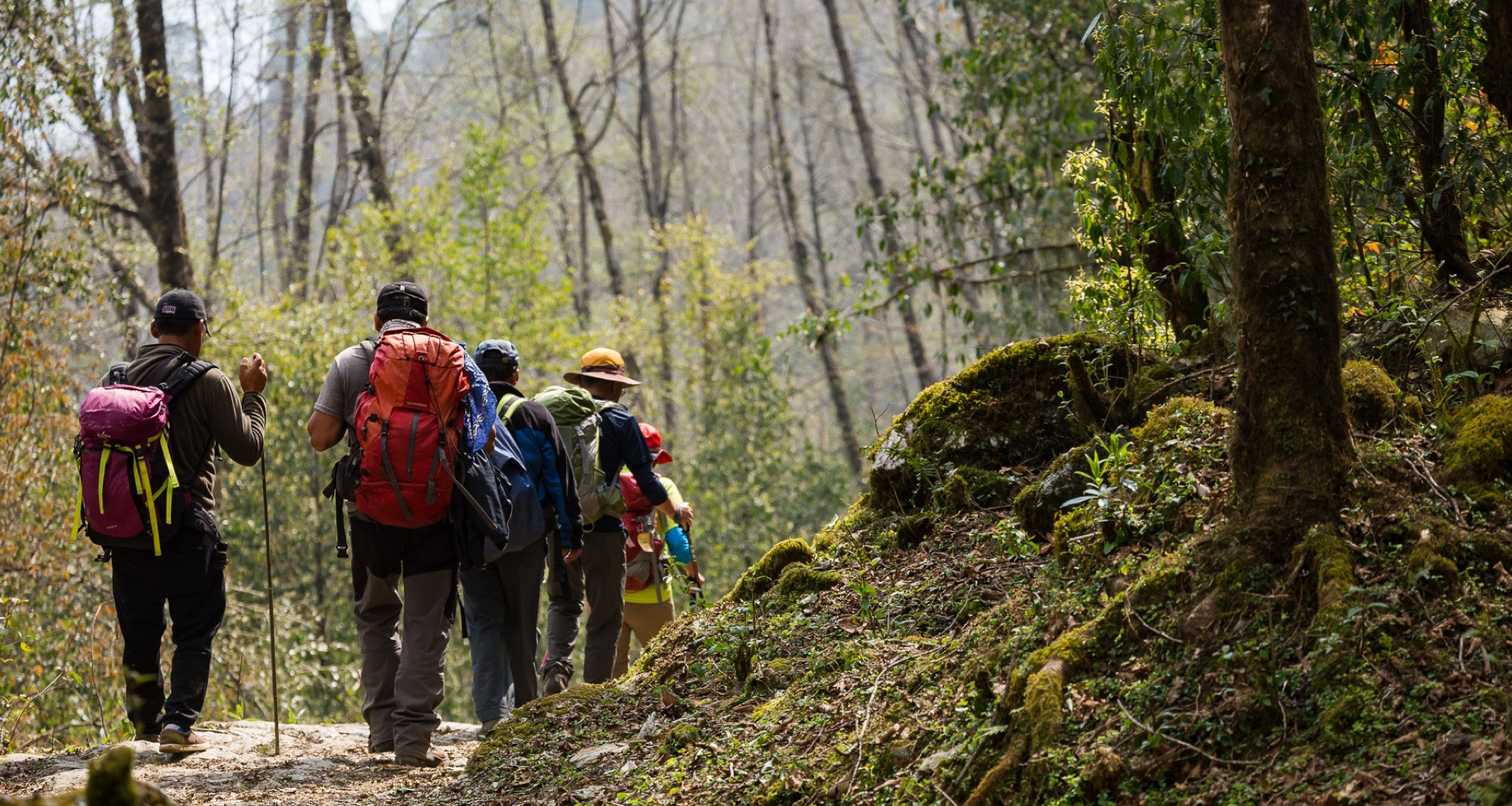The Flourishing Tapestry of Nature tourism: Navigating Growth and Responsibility
Nature tourism, a sector experiencing exponential growth, offers a unique opportunity to connect with the planet’s diverse ecosystems while contributing to conservation and local economies. However, its burgeoning popularity also presents a complex challenge: how to balance the desire for immersive experiences with the imperative to protect the very environments that attract visitors. This article delves into the multifaceted landscape of nature tourism, exploring its benefits, challenges, and the crucial need for sustainable practices.
The human connection to nature is deeply ingrained. In an increasingly urbanized world, the desire to escape the concrete jungle and reconnect with the natural world drives the burgeoning nature tourism industry. It encompasses a broad spectrum of activities, from wildlife safaris and rainforest treks to ecotourism lodges and adventure sports.

The Economic Engine: Benefits for Local Communities
Nature tourism can be a significant economic driver, particularly in developing countries where natural resources are abundant. Properly managed, it can create jobs, generate revenue, and support local businesses.
Employment Opportunities: From tour guides and park rangers to hospitality staff and artisans, nature tourism creates a diverse range of employment opportunities, often in remote areas with limited alternative income sources.
Conservation Catalyst: Funding and Advocacy

Nature tourism can be a powerful tool for conservation, raising awareness about environmental issues and generating funds for protected areas.
Funding for Conservation: Entrance fees and donations from tourists can be used to support park management, anti-poaching efforts, and habitat restoration projects.
Personal Enrichment: The Intrinsic Value of Nature Experiences
Beyond economic and environmental benefits, nature tourism offers profound personal rewards. It can promote physical and mental well-being, foster cultural exchange, and provide opportunities for learning and self-discovery.

Physical and Mental Well-being: Spending time in nature has been shown to reduce stress, improve mood, and enhance overall well-being.
Despite its potential benefits, nature tourism also presents significant challenges. Unmanaged growth can lead to environmental degradation, cultural disruption, and economic exploitation.
Environmental Impacts: The Footprint of Tourism
The increasing popularity of nature tourism can have a significant impact on fragile ecosystems.
Habitat Degradation: Increased tourist traffic can lead to soil erosion, vegetation damage, and disturbance of wildlife.
Cultural Impacts: The Erosion of Local Traditions
Nature tourism can also have a negative impact on local cultures, leading to the erosion of traditional practices and values.
Commodification of Culture: Cultural practices and traditions can be commodified for tourist consumption, leading to their distortion and trivialization.
Economic Disparities: Unequal Distribution of Benefits
The economic benefits of nature tourism are not always distributed equitably.
Leakage of Revenue: A significant portion of tourism revenue may leak out of local economies, benefiting foreign tour operators and investors.
To mitigate the negative impacts of nature tourism and ensure its long-term sustainability, it is essential to adopt responsible practices.
Ecotourism Principles: Minimizing Impact and Maximizing Benefits
Ecotourism, a subset of nature tourism, emphasizes minimal impact and maximum benefits for local communities and the environment.
Minimize Environmental Impact: Reduce waste, conserve resources, and avoid disturbing wildlife.
Sustainable Tourism Management: A Collaborative Approach
Sustainable tourism management requires a collaborative approach involving governments, tour operators, local communities, and tourists.
Government Regulations: Implement regulations to protect natural resources and ensure responsible tourism practices.
Technology and Innovation: Tools for Sustainable Tourism
Technology and innovation can play a vital role in promoting sustainable nature tourism.
Digital Platforms: Use digital platforms to provide information about sustainable tourism options and connect tourists with local communities.
Nature tourism has the potential to be a powerful force for good, promoting conservation, supporting local economies, and fostering a deeper connection with the natural world. However, its future depends on our ability to manage its growth responsibly. By embracing sustainable practices, fostering collaboration, and leveraging technology, we can ensure that nature tourism benefits both people and the planet for generations to come.
The responsibility lies with every stakeholder: governments to establish clear guidelines, tour operators to implement ethical practices, local communities to safeguard their heritage, and tourists to be mindful travelers. By working together, we can ensure that the allure of untamed landscapes continues to inspire and enrich our lives, without compromising the delicate balance of the natural world.



